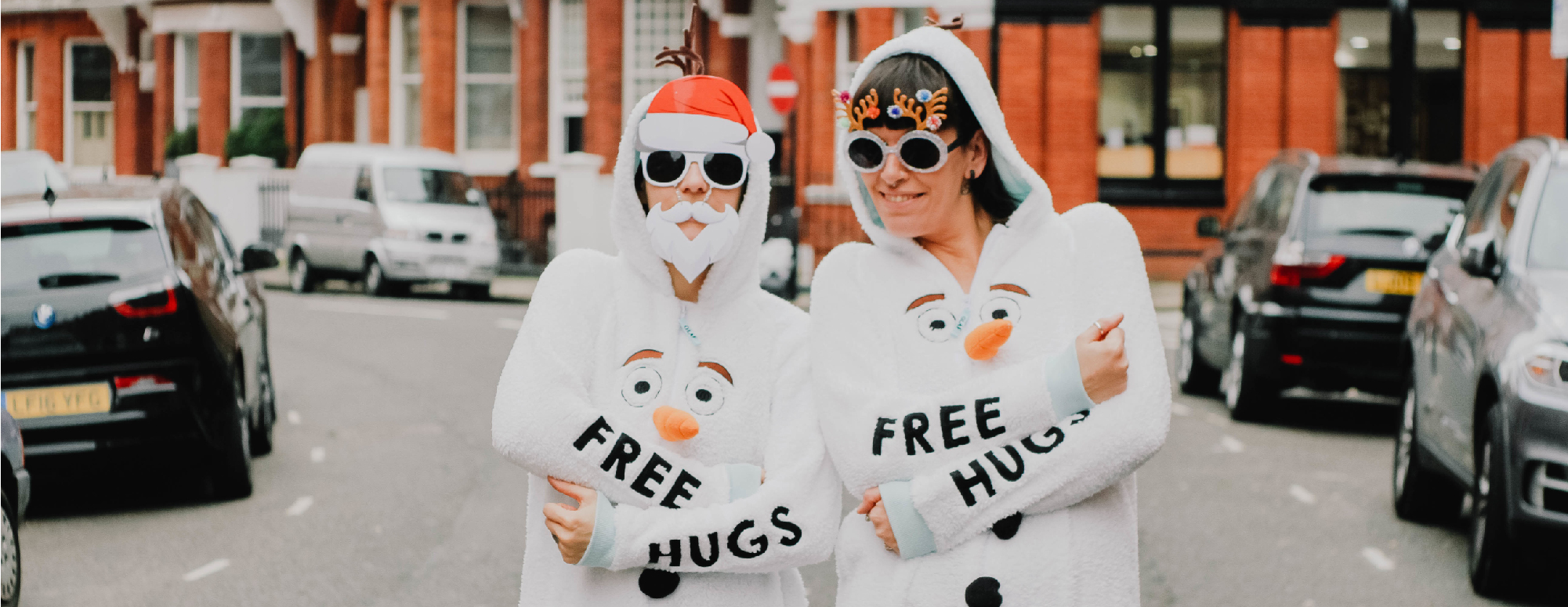
The permissive parenting style is characterized through parents providing a lot of emotional support for their kids while at the same time allowing kids the freedom to make most or all of their own decisions.
Permissive parents provide very little in the way of conventional rules and structure. They value open dialogue and conversation more than discipline and obedience. Permissive parents tend to perceive strictness and firm parental control as unnecessary, and perhaps even harmful.
Because they often don’t set limits or expectations for their kids and are more reluctant to assign responsibilities, kids in permissive households tend not to have specific chores and academic success might not take on as much significance as in other households. Permissive parents allow their kids to set their own limits and goals and allow them to regulate themselves.
It’s worth noting that while authoritative parenting has the best reported results in the US and most of the world, studies from Spain, Latin America, and Sweden have shown permissive parenting to be just as effective and sometimes more so when it comes to measuring kids’ well being.
Permissive parenting has shown to exceed authoritative parenting in these studies especially when it comes to metrics like high self-esteem, having a positive world-view, and being emotionally available.
Permissive Parenting Tactics:
- Limited rule-setting
- Allow your kid to make their own decisions
- Encouraging creativity, freedom, and exploration
- Talking to your kid as an equal
Pros of Permissive Parenting:
- Provides a lot of emotional support
- Leads to positive attachments with kids and long-term healthy relationships
- Kids are more likely to be honest with their parents about heavy topics such as substance use/sexual activity
- Kids with permissive parents tend to:
- Be emotionally available
- Have a positive worldview
- Be creative
- Have high self-esteem
Cons of Permissive Parenting:
- Doesn’t provide a lot of structure
- Kids are less likely to thrive in high-structure environments like school
- Risky parenting style - developmental outcomes depend on the kid
- Kids with permissive parents may or may not
- Succeed academically
- Develop strong self-regulation and self-discipline
- Engage in delinquency or drug use
- Have a strong sense of right and wrong
